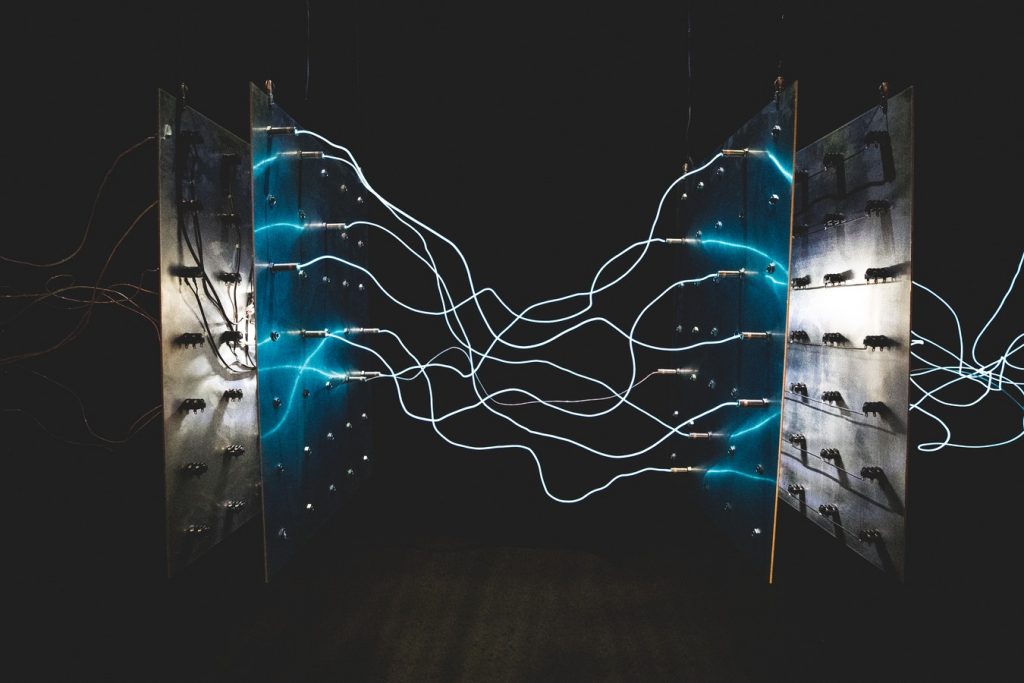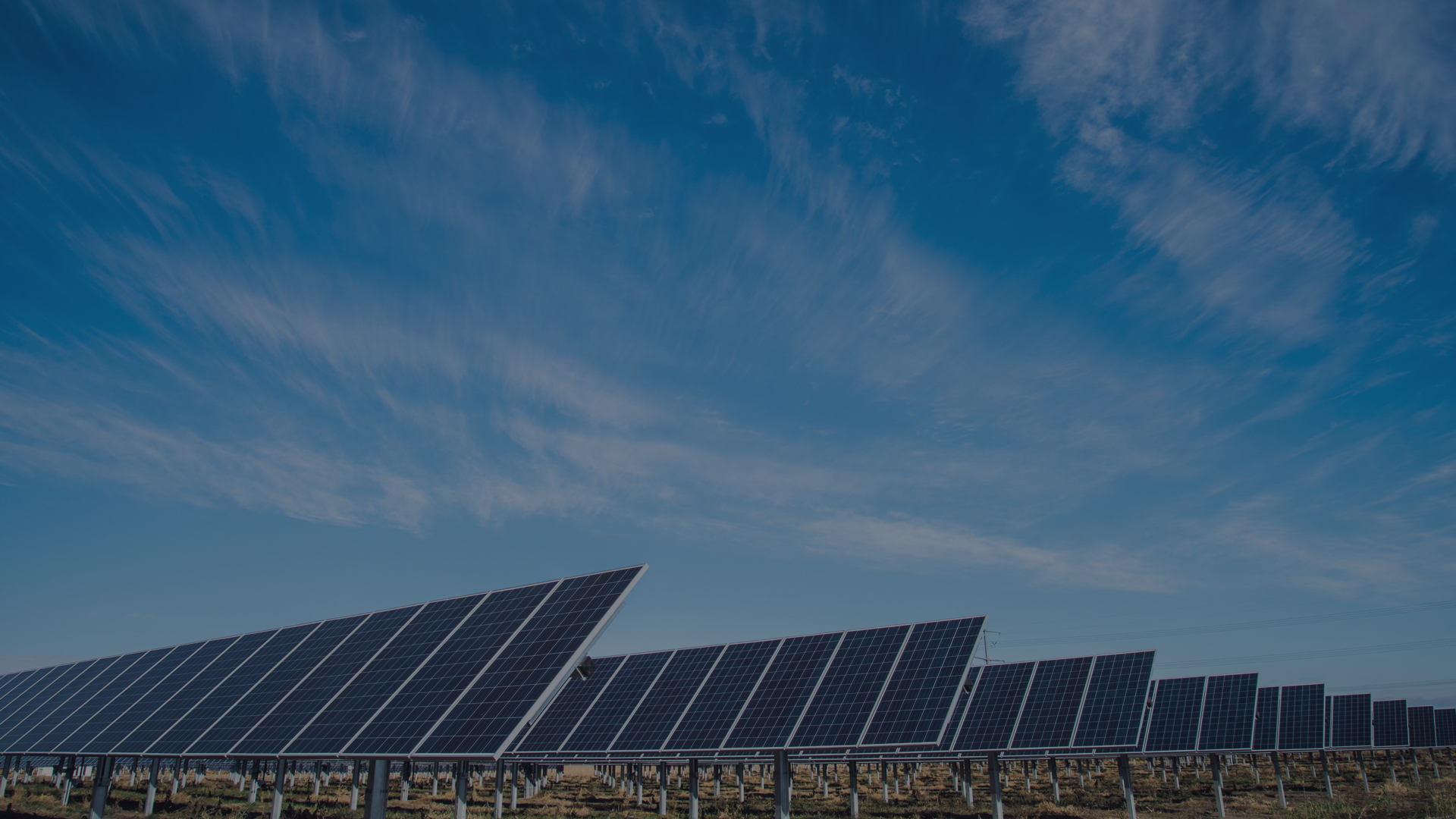UPDATE: Since April 2010 in the UK we have had the feed-in tariff. This article is now out of date. Click here to read more about the feed-in tariff.
As an independent Solar PV specialists, we help our client to find the best deals to get the most revenue from their solar system.
Assuming your house is connected to the national grid, you can sell any surplus electricity you generate back to your energy supplier, (although it is sometimes hard to get the appropriate red tape completed).
Selling electricity is one the best ways to earn passive income for your household.
There are basically two options for selling your renewable energy back to your electricity supplier. If you’re prepared to fill in a lot of forms it’s possible to get paid the same price per unit exported as you pay to buy it off your supplier net metering. Alternatively, there’s an easier option where you get paid less per unit generated, but it’s a lot less hassle.
THE NET METERING OPTION
If you’ve invested in some serious energy-generating kit, and you expect to produce a lot of surplus electricity, you’ll want to set up a net metering arrangement. This means that your energy supplier will pay you a decent price for every spare kWh of electricity generated that you don’t need yourself. It does mean you’ll need to get an OFGEM-approved Export Meter – your supplier may be able to help. You also get to keep your ROC entitlements with this option.
NPower-Microgeneration Scheme
0800 316 2610 – www.npower.com
With the npower juice deal, domestic customers can get paid the same amount for their exported electricity as the standard tariff follow on unit rate they pay for the electricity that they buy from npower (this tariff may vary regionally).You need to send off a meter reading every six months, and after the calculations are processed you are paid by a personal cheque within 60 days. This scheme is currently open for application until April 2007, after this date npower Juice are thinking about revamping the scheme. currently offer export meters for £60. Also you do get to keep the right to claim your ROC.
The only complicated part is that you need three meters: generation, import and export meter. npower juice
EDF Energy- Green Tariff
0800 096 9000 – www.edfenergy.com
EDF Energy offers two options for selling excess electricity back to the grid.
– Non-metered option: A flat rate of £10 per kW of generator per annum.
– If an export meter can be installed: 7.64p per unit of electricity exported to the national grid. The initial meter installation may cost up to £250 plus VAT. Contact EDF for more details.
THE EASY OPTION
If your generating kit is designed to supplement (rather than exceed) your home energy use, then you’re probably better off going for the easier options offered by Good Energy and Ecotricity. The deal is you get a lower price per unit of electricity generated (whether it’s used on site or exported). They don’t mind whether you use the electricity yourself, or whether it spills into the local grid. The good thing is that you don’t need to buy an export meter, but you do lose your right to claim your ROCs and they get to cash them in on your behalf.
Ecotricity
0800 032 6100 –www.ecotricity.co.uk
Ecotricity offer 9p for every unit of electricity you generate , whether you use it or not. However, you lose your rights to apply for ROCs. You need to inform your generation meter reading to Ecotricity annually which is then used to credit your bill for the electricity you generate.
The Generation meter reading needs to be supplied to Ecotricity annually which is then used to credit your bill for the electricity you generate.
WHAT IF YOU HAVE A LARGE PV SYSTEM?
Scottish and Southern Energy
01738 456000 – www.scottish-southern.co.uk
A recently announced scheme, but only for Solar PV systems, offers a very attractive rate for exported power from your system and may therefore be of interest for larger PV customers.
SSE will pay 18p per kWh for all exported power from your system and will install an import/export meter to monitor the power being exported. SSE will do all the paperwork required for the ROCs, but this price includes them taking the ROC revenue.
For smaller PV customers, using most of the power within the property, this may not be the most appropriate scheme.
More details may be found: ONLINE HERE
For more details on the benefits of commercial batteries.

